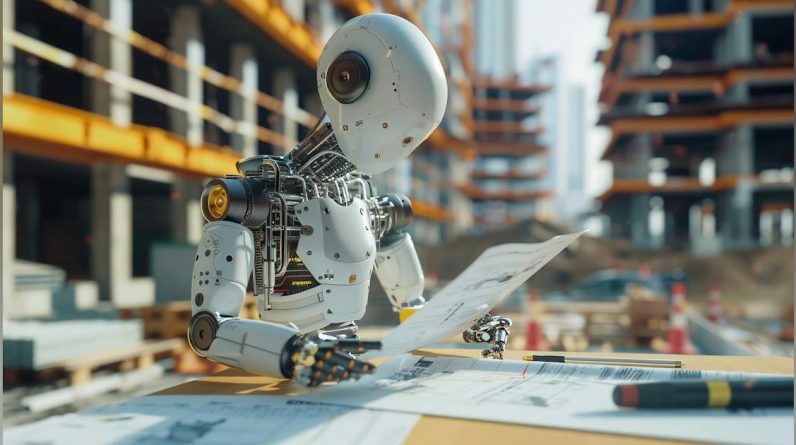
“Hey Chat GPT, Finish This Building…” proclaimed a now famous billboard plastered over a construction site. The message is clear. While ChatGPT and AI are set to revolutionize just about everything, certain jobs are simply irreplaceable until far into the future, some of the most obvious of which are laborious field service jobs.
That reality has led investors to overlook AI’s applications to Field Service and other difficult-to-replace sectors in favor of the self-driving car ecosystem or another AI-driven sales tool. Those obvious sectors can lead to unicorn companies, but they’re overcrowded—the ship has (for the most part) sailed. Field services represent a best-case scenario both when it comes to impact on workers and investment potential.
AI Will Unlock Field Service Efficiency, and The Pros Know It
Despite not being part of the AI revolution headlines, large percentages of field service professionals already believe AI will impact their field. A survey of 200 field service management leaders predicted an impact on call center operations and customer service (52%), enhanced route optimization (43%), and optimized job prioritization (39%). These expectations match a field service reality that is SMB-dominant; these hardworking professionals in HVAC, plumbing, electrical maintenance, etc., may be irreplaceable, but they don’t have unlimited time.
Driving Efficiency on All Fronts
AI’s evolution in field service will likely involve extracting existing data from internal systems, tapping into external data from third-party sources, or combining both into dynamic real-time data, which can be used to calculate performance-critical KPIs and ROI instantly. AI can save time and cut costs on scheduling and dispatching by accessing their customers’ data and complete job history as they arrive on-site. Simultaneously, backend data automation enables technicians to complete more jobs within a given time frame.
Real World Scenarios Abound
Plumbing contractors traditionally ordered spare parts such as copper piping from external sources, as water pipes are usually of a standard structure. AI-driven computer vision, paired with 3D printing of pipes and fittings, will allow plumbers to customize more cost-efficient, plastic-based designs and produce durable printed pipes precisely suited to individual site conditions.
For HVAC professionals, integrating AI algorithms with temperature and occupancy sensors can make heating and cooling far more efficient, while monitoring air quality can provide better quality air and fewer hazards for occupants and cross-sell and upsell opportunities for the professionals.
Lastly, AI-driven drones can benefit electricians by utilizing thermal imaging cameras to inspect potentially unsafe electrical circuits for human access, and AI-automated engineering can execute precise but repetitive tasks like panel installations or complex wiring.
Electricians, plumbers, and HVAC engineers account for 650,000 field service businesses in the US alone and revenues of $600 billion a year. Add to that a healthy compound annual growth rate for the industry of approximately 20% globally, and it’s not hard to see the enormous value unlocked and the money it’s worth for investors.
Yet, there are countless industries that are valuable, growing, and about to be supercharged by AI adoption. What really sets field services apart are two additional factors: 1. The field is anything but crowded, and 2. It lacks the negatives that pose stumbling blocks in other industries.
AI Possibilities Without the Downsides
Self-driving cars or customer service applications applied to industries such as healthcare or finance may be powerful, but stumbling blocks are everywhere. They must conform to strict regulations because of a laundry list of privacy issues, or worse, potential death or ethical quandaries (e.g., the trolley car dilemma). Regulation is necessary, but it creates barriers to entry, increases costs and risks, and slows down the time it takes until benefits are enjoyed. Likewise, when AI threatens job security, further regulations and potential pushback tend to occur—Hollywood executives vs. their unions are a prime example.
Field service professionals don’t (typically) face such high regulatory burdens, and they can’t be replaced. In fact, since most are SMBs, AI will provide much-needed help and optimization that can greatly improve their lives alongside customer service. Combined with the fact that AI is still in its infancy amongst field service professionals—with the exception of a couple rapidly advancing leaders—the space makes for a great investment that has gone overlooked by investors for far too long.
Adi “Didi” Azaria is the CEO of Workiz, the top field service management software company, helping service businesses streamline operations and boost productivity. With over 15 years of experience, Didi is a seasoned growth hacker, inside sales specialist, startup enthusiast, and investor.








